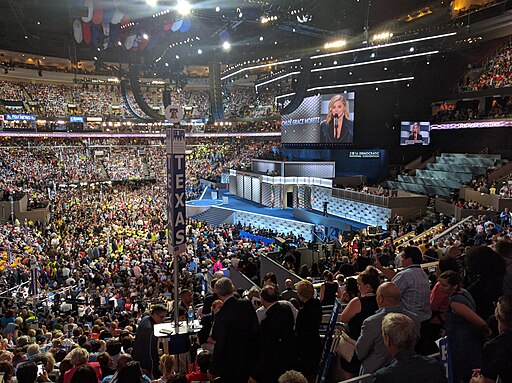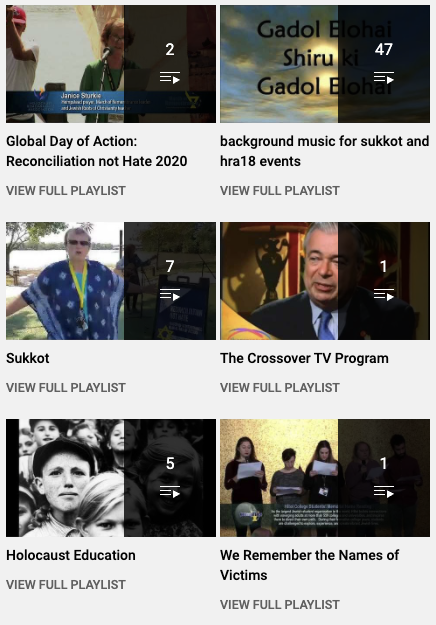August 18, 2024 / JNS
On Saturday, the Jewish community formally concluded its annual three-week period of national mourning for the destruction of the Temple and other calamities in Jewish history with God’s instruction to Isaiah, “nachamu nachamu ami“—”comfort, comfort my people.”
The timing is perfect as this week offers two golden opportunities for those ready to heed that call and bring some sense of comfort and security to American Jews.
In the face of rising antisemitism in the United States, local authorities and law enforcement have failed to protect Jews, whether on the streets of New York, Los Angeles and Washington D.C. or on university campuses everywhere.
Federal Judge Mark Scarsi said it clearly in the opening paragraph of his injunctive ruling against UCLA: “In the year 2024, in the United States of America, in the State of California, in the City of Los Angeles, Jewish students were excluded from portions of the UCLA campus because they refused to denounce their faith.”
“This fact is so unimaginable and so abhorrent to our constitutional guarantee of religious freedom that it bears repeating, Jewish students were excluded from portions of the UCLA campus because they refused to denounce their faith.” he asserted. “UCLA does not dispute this. Instead, UCLA claims that it has no responsibility to protect the religious freedom of its Jewish students because the exclusion was engineered by third-party protesters.”
The same scene is playing out this week in Chicago, where pro-Israel demonstrators have yet to be provided with the permits granted to the pro-Hamas crowds. Are the mayor and the city council antisemitic? Are they discriminating against supporters of the one Jewish state in the world? Or are they not giving permits because they cannot guarantee the safety of pro-Israel demonstrators?
In the year 2024, in the United States of America, in the State of Illinois, in the City of Chicago, supporters of Israel may not raise their voices. This is unimaginable, abhorrent and true.
Comfort our people. American Jews would be reassured by the authorities stating clearly that they are not surrendering to the intimidating and violent celebrants of Hamas and are unequivocally committed to ensuring the freedom and safety of proud Jews and Zionists.
These demonstrations would have been taking place around another massive opportunity to comfort our people. At the Democratic National Convention, it would be reassuring to hear from the nominee on the stage and the assembled crowd of delegates, their strong and hearty support for Israel and the Jewish people. It would be encouraging for the party to state clearly that it will never make policy or choose candidates to please or placate those in its ranks who express antisemitism or the desire to see the end of the Jewish state.
In July 1933, as a profoundly anxious Jewish community prepared to enter the annual three-week period of Jewish national mourning, Rabbi Joseph Carlebach—then chief rabbi of Altona—shared this message: “Suffering is the great bond of humanity through which we discover the great power of brotherly love. At no time are we as capable of giving love and receiving it as when suffering knocks on our or our brother’s door.”
That is the meaning behind God’s instruction to Isaiah: “Comfort, comfort my people.” That mandate is relevant for every caring human being and certainly for anyone who claims the mantle of leadership and responsibility.
When people suffer hostility, others must step forward to comfort them, to reassure them and to strengthen them. Rabbi Carlebach would heroically dedicate the next nine years of his life to doing that, providing strength and comfort to his community until the Nazis murdered him along with them in March 1942.
As American Jews read that biblical call to humanity: “Comfort, comfort my people,” we are waiting to hear America’s response. It is time.

